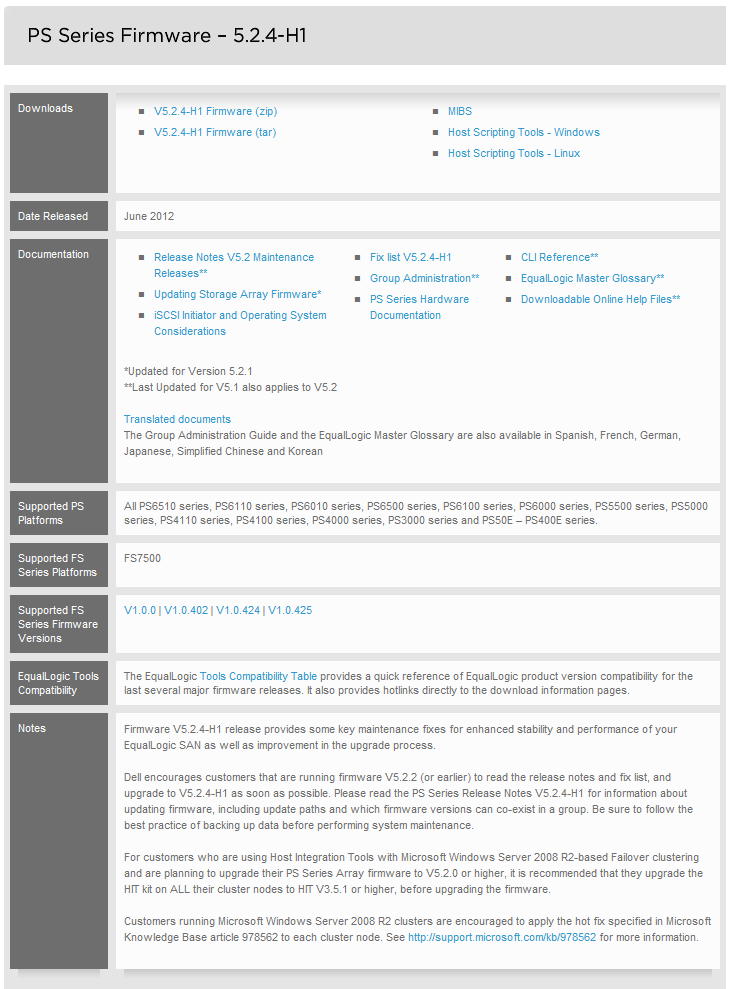
:: Answers Q: How do I batch rename file extensions in Windows?A: Changing a single file extension in Windows is simple. Just highlight the in Windows Explorer and type a new extension after the dot. While this method works fine for a small number of files, manually editing a large number of filenames can take a long time. Fortunately, you can speed up the process through automation by following the steps below.
Cmd Extract File Extension For Mac
Files in a Single FolderBelow is an example folder with several files that need to be changed to files.1. In order to batch rename file extensions, you will first need to open the Windows Command Prompt. To do this, choose Start → Accessories → Command Prompt.You can also type ' cmd' and press Enter in the Windows Start Menu text field.2. Navigate to the directory containing the files to rename using the ' cd' command ('cd' stands for 'change directory'). For example, you would type ' cd DesktopXML Docs' to navigate to a folder named ' XML Docs' on the Windows desktop.3. Type the following command, which will rename all.txt files in the current folder to.xml files:ren.txt.xml. The ren command (short for 'rename') provides a simple way to rename one or more files using the Command Prompt.
The asterisk (.) in the example above serves as a character, which is used to rename all files ending in '.txt'.4. The files are all renamed from.txt to.xml:NOTE: If your files have different extensions, or they do not have an extension at all and you would like to add an extension to them, you can use this command instead:ren.xml Files in SubfoldersRenaming files in subfolders (or ) is a more complex task that requires additional. The following command uses a loop that through subfolders (one level deep) and changes all file extensions from.txt to.xml:for /d%x in (.) do pushd%x & ren.txt.xml & popdYou can replace.txt and.xml with any other extensions in the commands above.

Also, you can replace.txt (the first variable) with just. if you want to rename all extensions for all files.NOTE: Make sure you type the commands above correctly, as you may not be able to undo the renaming process. If you want to be extra safe, you can copy the files to a new folder so that you have a backup of the files before you run the rename command. Once the renaming process completes successfully, you can delete the extra copy of the files.
Winrar
This is a really late response, but I came up with this to solve a particular problem I had with DiskInternals LinuxReader appending '.efsntfs' to files that it saved to non-NTFS (FAT32) directories: @echo offREM%1 is the directory to recurse through and%2 is the file extension to removefor /R '%1'%%f in (.%2) do (REM Path (sans drive) is given by%%pf; drive is given by%%dfREM file name (sans ext) is given by%%nf; to 'rename' files, move themcopy '%%df%%pf%%nf.%2' '%%df%%pf%%nf'echo '%%df%%pf%%nf.%2' copied to '%%df%%pf%%nf'echo.)pause. I am using this if I simply want to strip the extension from a variable (without looping any directories or existing files): for%%f in ('%filename%') do set filename=%%nfIf you want to strip the extension from a full path, use%%dpnf instead: for%%f in ('%path%') do set path=%%dpnfExample:(Writing% instead of%% for using this directly in the console and not inside a script.) for%f in ('file name.dat') do echo%nffor%f in ('C:Dirfile.dat') do echo%nfREM REM OUTPUT:REM file nameREM C:Dirfile.